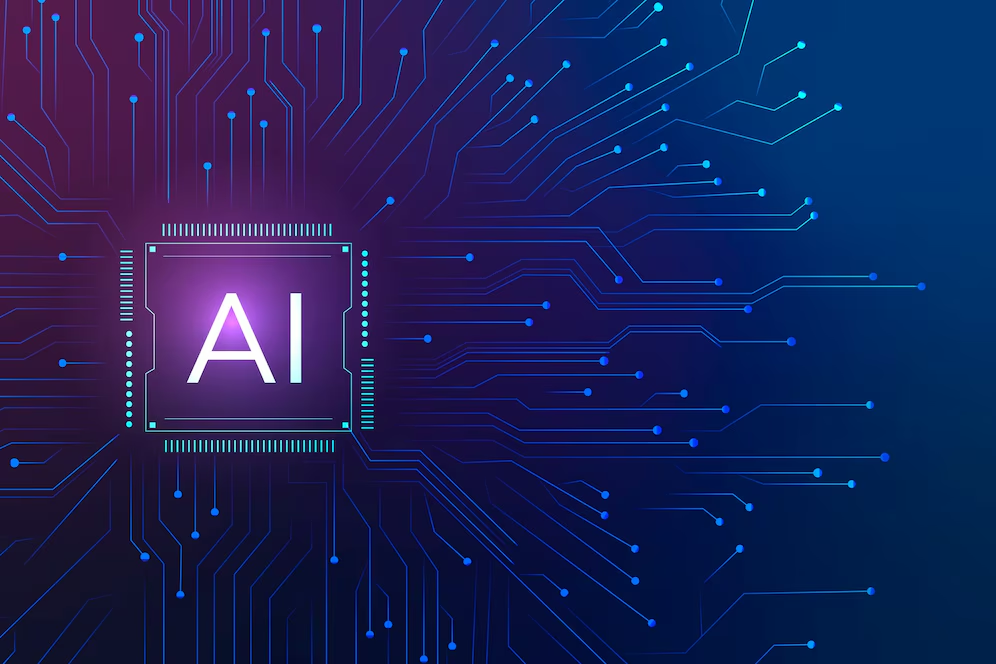The Latest Advancements in 5G Technology
The Advancements of 5G
The revolution of technology within the twenty-first century has seen the rise of cell phones to smart phones, the expansion of cloud computing technology, and home automation, among many other advances. With so much technology advancement, the need for the expansion of wireless and internet connections has grown. 5G has been the talk of every sector of the nation. As the fifth generation of cellular networks, what benefits can it bring to the change of technology? Who implements this kind of technology? What are the advancements of 5G?


5G Benefits
- Internet of Things (IoT) With home automation, more and more people are moving to simplify their lives through Smart Devices. Whether they are adjusting their thermostat or keeping their home secure, people can access much of their home from their smart phones. With the expansion of the Internet of Things, people will need better wireless access. 5G has been designed with IoT being a key factor. Connectivity is the main component for the development of 5G.
- Speed 5G offers ten times more bandwidth than its predecessor 4G – it can deliver speeds of average speed 50 Mbps and up and maximum speed 1-10 Gbps. This means that people can stream and download media faster at higher definition and faster response times between their applications that they have in home automation.
- Lower Latency Much like speed, lower latency was a key factor for the development of 5G technology. The less time it takes for data to transfer between devices, the better they can perform. One of the things 5G does is allow network slicing, where 5G networks will create “individual channels to minimize the number of simultaneous devices using any one channel.” This goes further than even the connection of home devices, but within newer automated vehicles and virtual and augmented realities that are being used in education.
- Increased Network Capacity and Connectivity With the key focus being on the IoT, more devices will need to connect to networks and internet. 5G will have the capacity to support more devices. This is not only for home networks, but city infrastructure and industry networks. This will also bring enhanced connectivity across the nation’s biggest cities and populations to ensure more people are accessing the latest technology.
- Energy Efficiency According to Viavi Solutions, 5G networks are 90% more efficient than the previous 4G networks. And while there is an unavoidable need for energy use due to the movement to IoT, 5G networks are being created to reduce waste and improve energy performance.
5G and Electrical Engineers
Electrical engineers are the professionals who design, create, and implement the technology needed for 5G capabilities. Engineers are responsible for everything from antenna design, wireless communication, network design, and more. 5G cannot be created without the skilled and talented professional within the field that make up every working piece. For example, electrical engineers at the University of California created a wireless receiver that boosted radio frequencies that quadrupled the speed of 5G in 2019. Electrical engineers are needed in every step to ensure, expand, and invent the capabilities the world needs as technology continues to grow.
Some of the responsibilities of an electrical engineer in 5G can include:
- Network Design this involves the equipment from users like their computers and smartphones; 2. the core network that manages and directs traffic from the users equipment to the internet; or 3. the radio access network that provides the wireless connection between the core network and the user.
- Antenna Design As all of 5G is run through radio frequency, the antenna design is especially important for implementation. Electrical engineers who develop these antennas are providing the infrastructure needed to advance our technology.
- Signal Processing Every piece of technology we use today emits some kind of signal, whether that’s a computer receiving an internet connection, a cell phone transmitting through cell towers, or picking up radio frequencies.
- Edge Computing With the IoT taking precedence in 5G, electrical engineers will be called to help create the infrastructure that keeps things like home automation together.
The University of Fairfax and Electrical Engineering
At the University of Fairfax, we offer a Master of Science in Electrical Engineering program to ensure that you earn the education you need to become a pioneer in the advancement of 5G. You can specialize in one of these four key areas in our program: signal processing and communications, systems and control, machine learning or artificial intelligence. Through our eLearning program, you can learn the skills necessary to join the field that can lead you to creating the technology needed to support 5G networks. Become a leader in advancing electrical communications through our electrical engineering program. To learn more about what the University of Fairfax can teach you, go to ufairfax.edu.
Thank You For Subscribing
A confirmation email has been sent to


